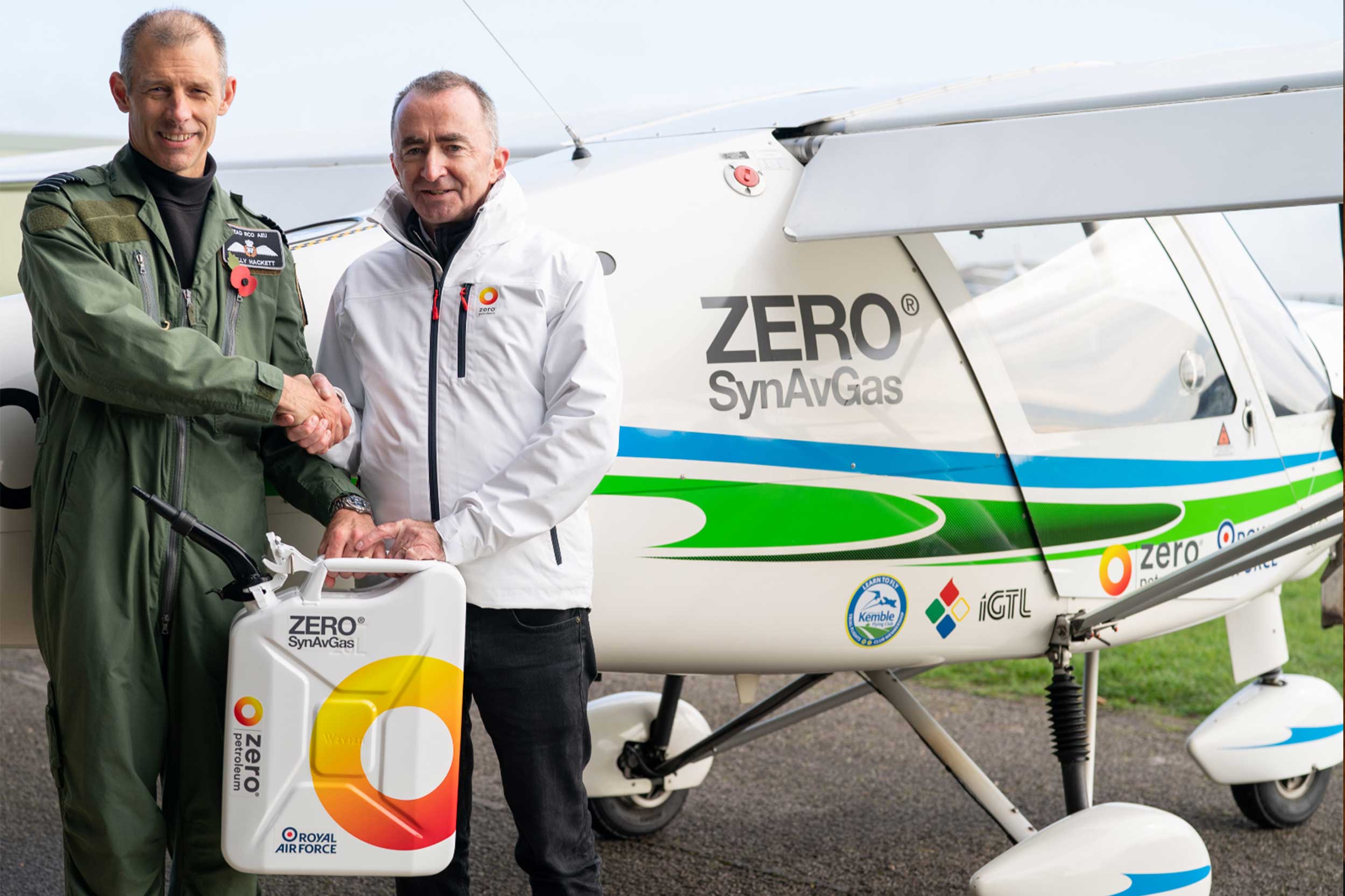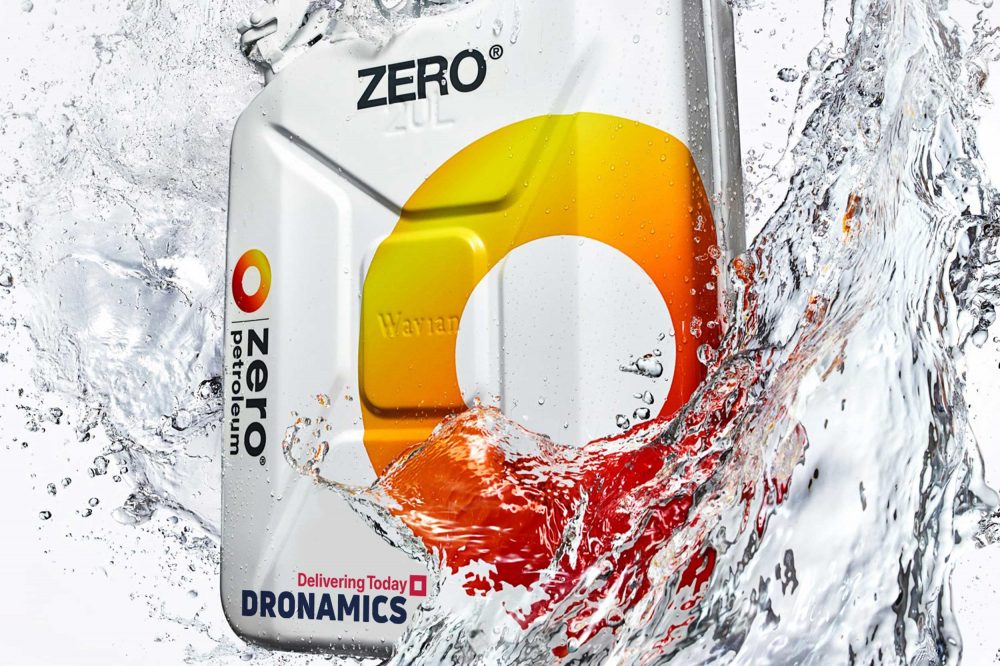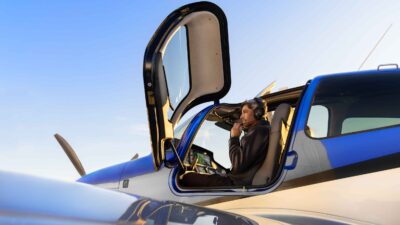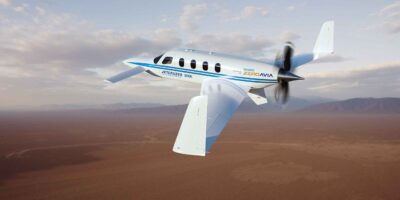Fossil-free synthetic petrol and jet fuels are to be developed by British company Zero Petroleum at its new ‘Laboratory Zero’ technology centre to be established at Bicester Heritage.
Last year, working with the RAF, Zero won a Guinness World Records title ‘First aircraft powered by synthetic fuel’. Zero and the RAF hope to operate a fast jet burning ZERO® SynAVTUR® within the next two years.
The creation of Zero’s new facility at Bicester heritage follows a second round of funding in July. The company plans to recruit 25-30 new technical experts, from technicians to run rigs to performance and chemical engineers to develop the synthetic fuel technology.
Former F1 team boss Paddy Lowe, now Zero Petroleum founder and CEO, said, “We have decided to position our technology centre at Bicester Heritage due to the abundance of highly skilled local labour and industries, which are directly relevant to the research facility we are building, as well as the site community’s forward thinking initiatives such as the ‘scramble’, which will allow us to present our programme to the public.
“We are looking forward to integrating with the other interesting and relevant businesses at Bicester Heritage.
“Our recent funding round was oversubscribed and has given us the ability to advance our strategic and commercial goals more rapidly. The majority of investors have also indicated their willingness to participate in further funding rounds, giving an indication of support which is extremely encouraging and a positive indication for our future plans.”

Zero founder Paddy Lowe and RAF Group captain Peter Hackett at the first synthetic avgas flight last year
Daniel Geoghegan, Chief Executive of Bicester Motion, added, “We have followed keenly the developments by Paddy and his team and are excited for them join our site. The work that Zero Petroleum is doing is a positive step towards sustainability in the mobility sector alongside many other industries and we look forward to seeing their project develop and grow.”
The company’s synthetic ZERO® SynAVGAS® and ZERO® SynAVTUR® fuels for aviation and its ZERO® Syn95® petrol are direct drop-in replacements for existing fossil-based fuels. The fuels deliver the same performance and range as existing products, but are entirely sustainable and fossil-free.
They are manufactured by extracting hydrogen from water and capturing carbon from atmospheric carbon dioxide, a process that is entirely sustainable when using renewable energy sources such as wind or solar. When burned they emit exactly the same amount of carbon as is used in their production, creating a fully circular process that maintains the balance of the environment.
Zero Petroleum













